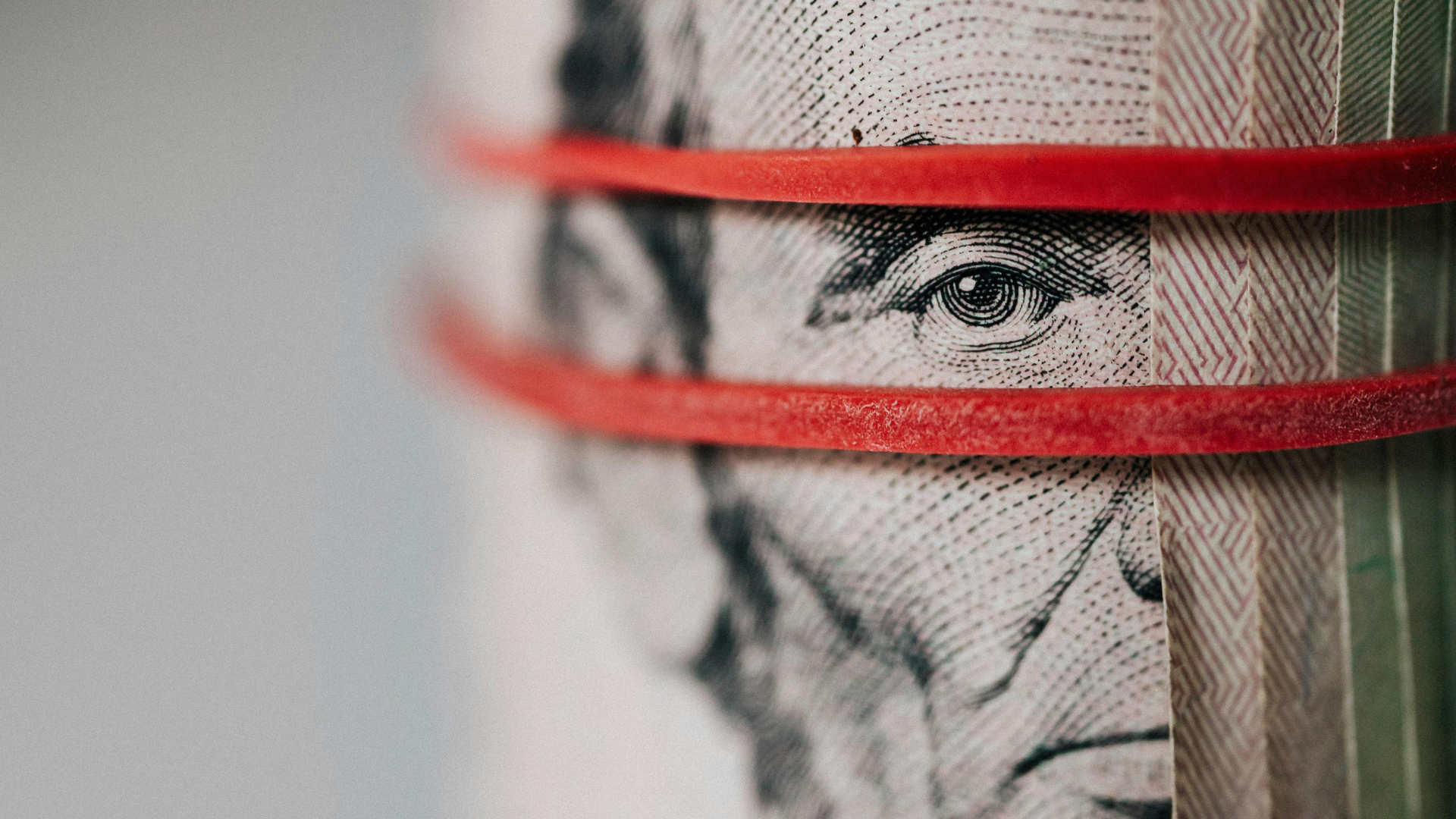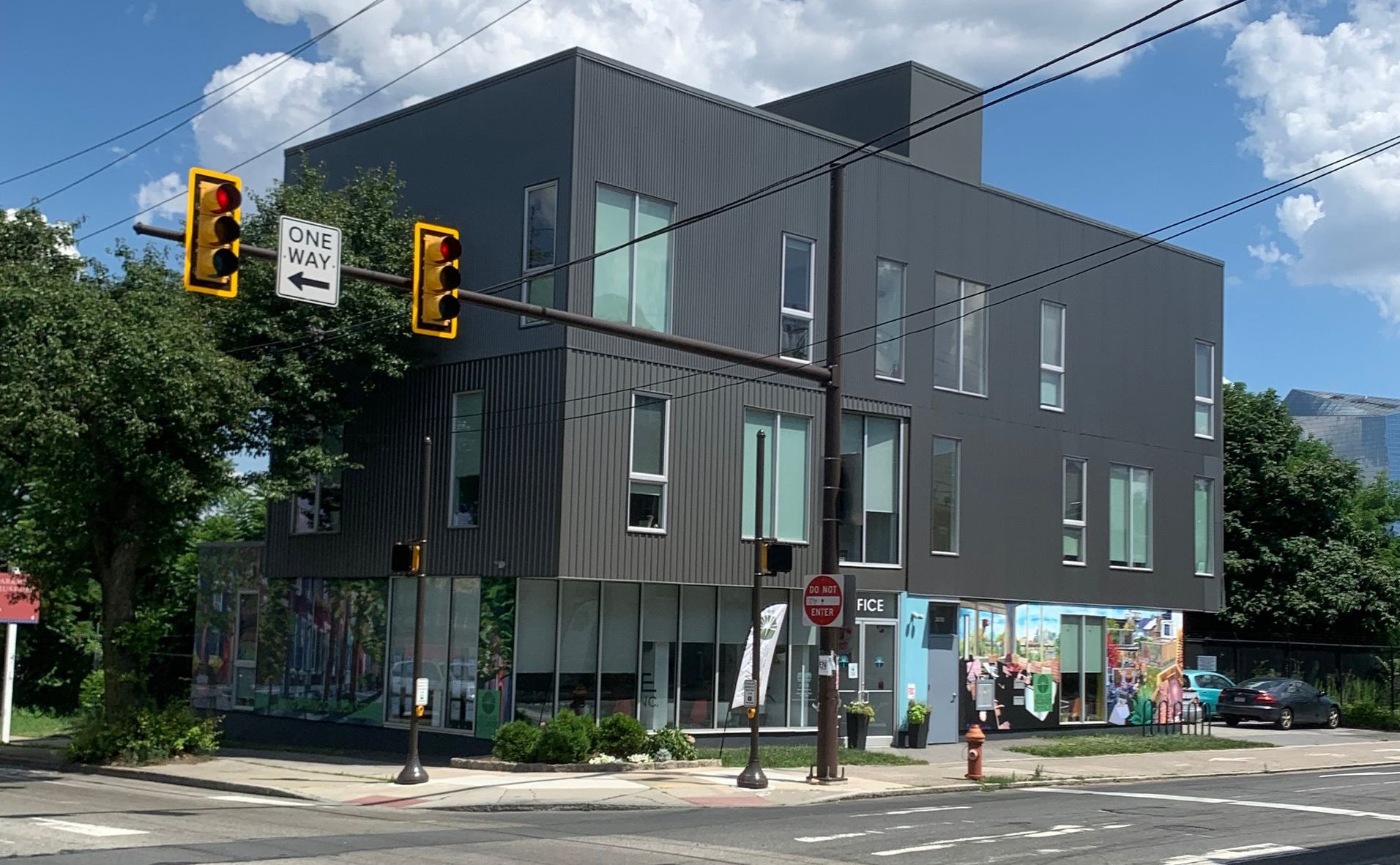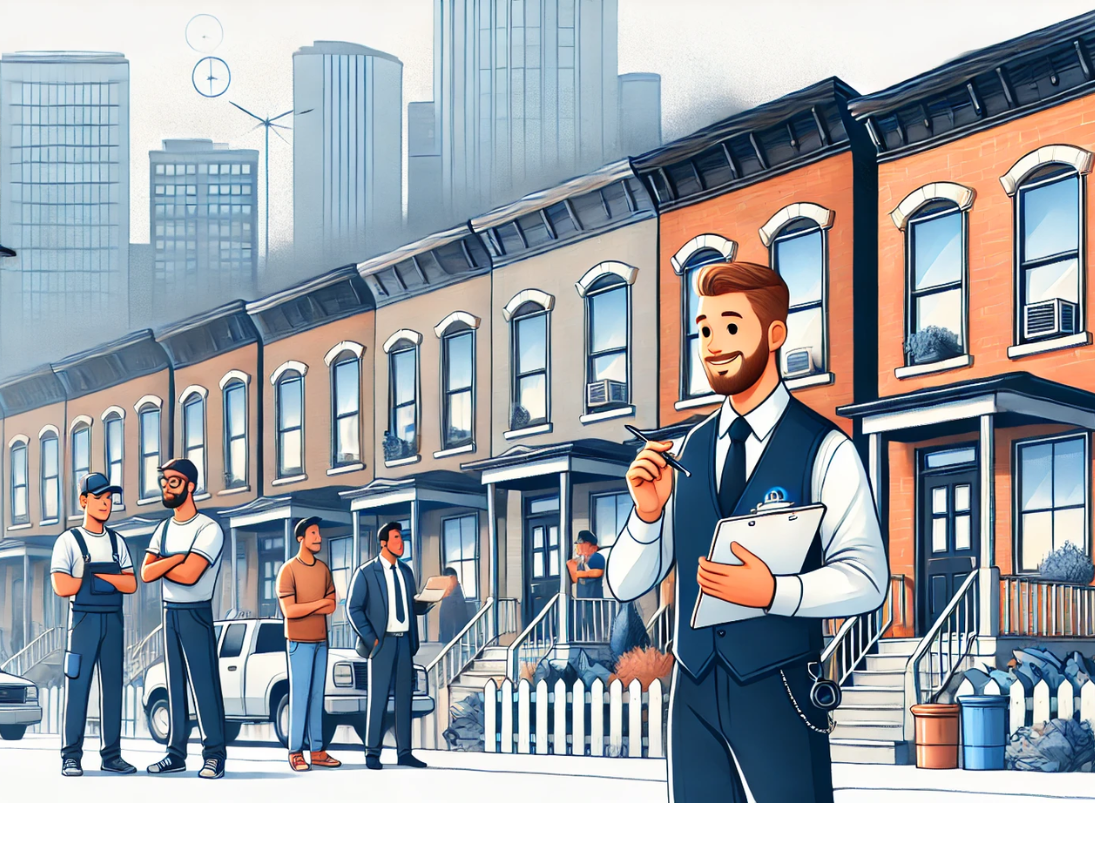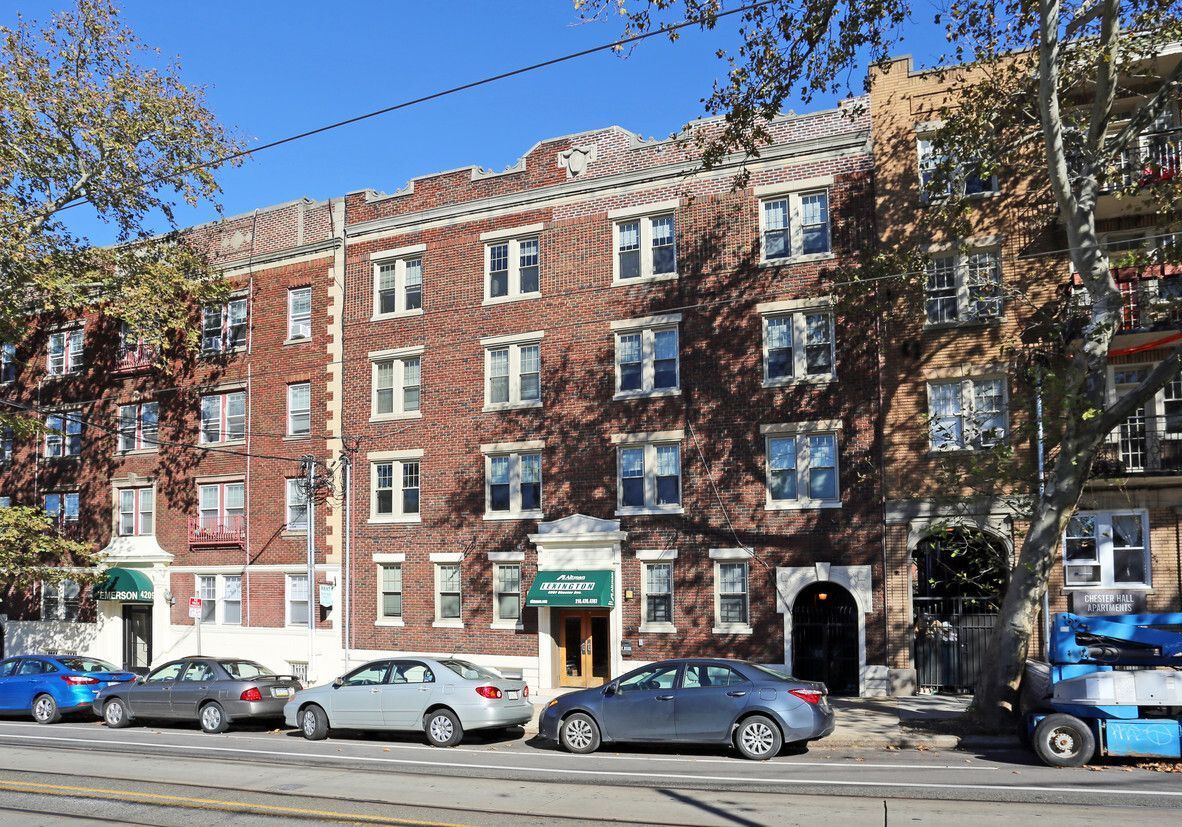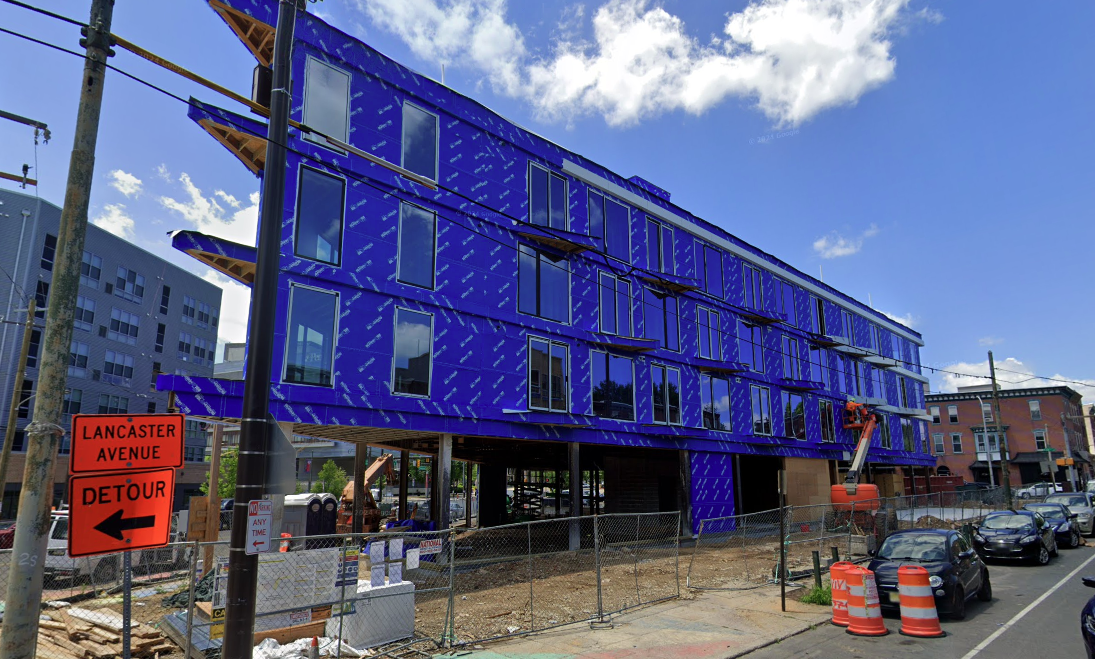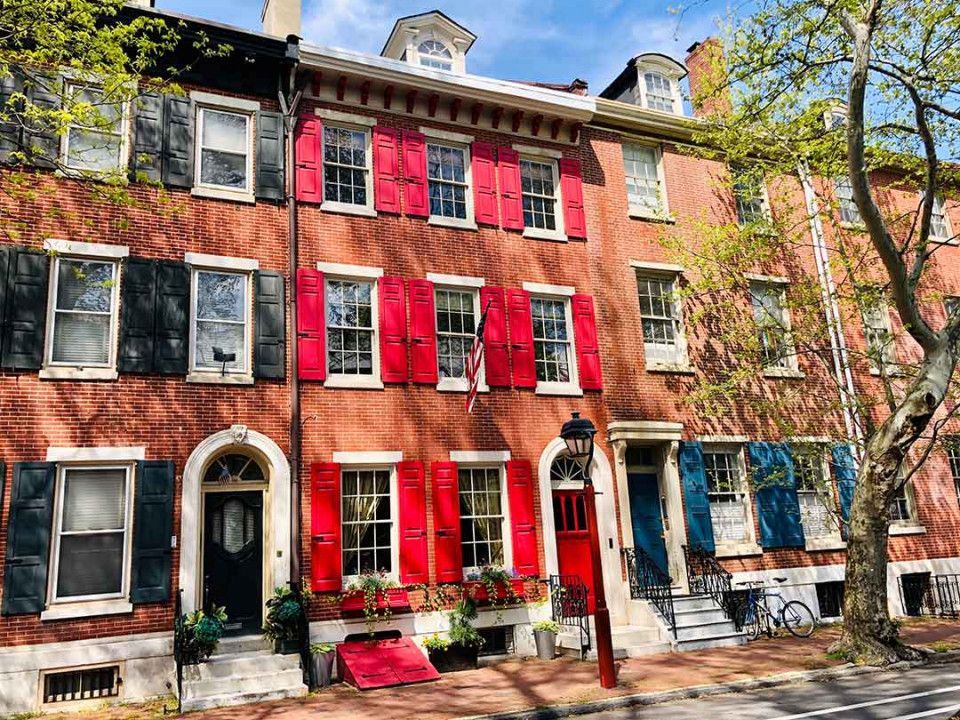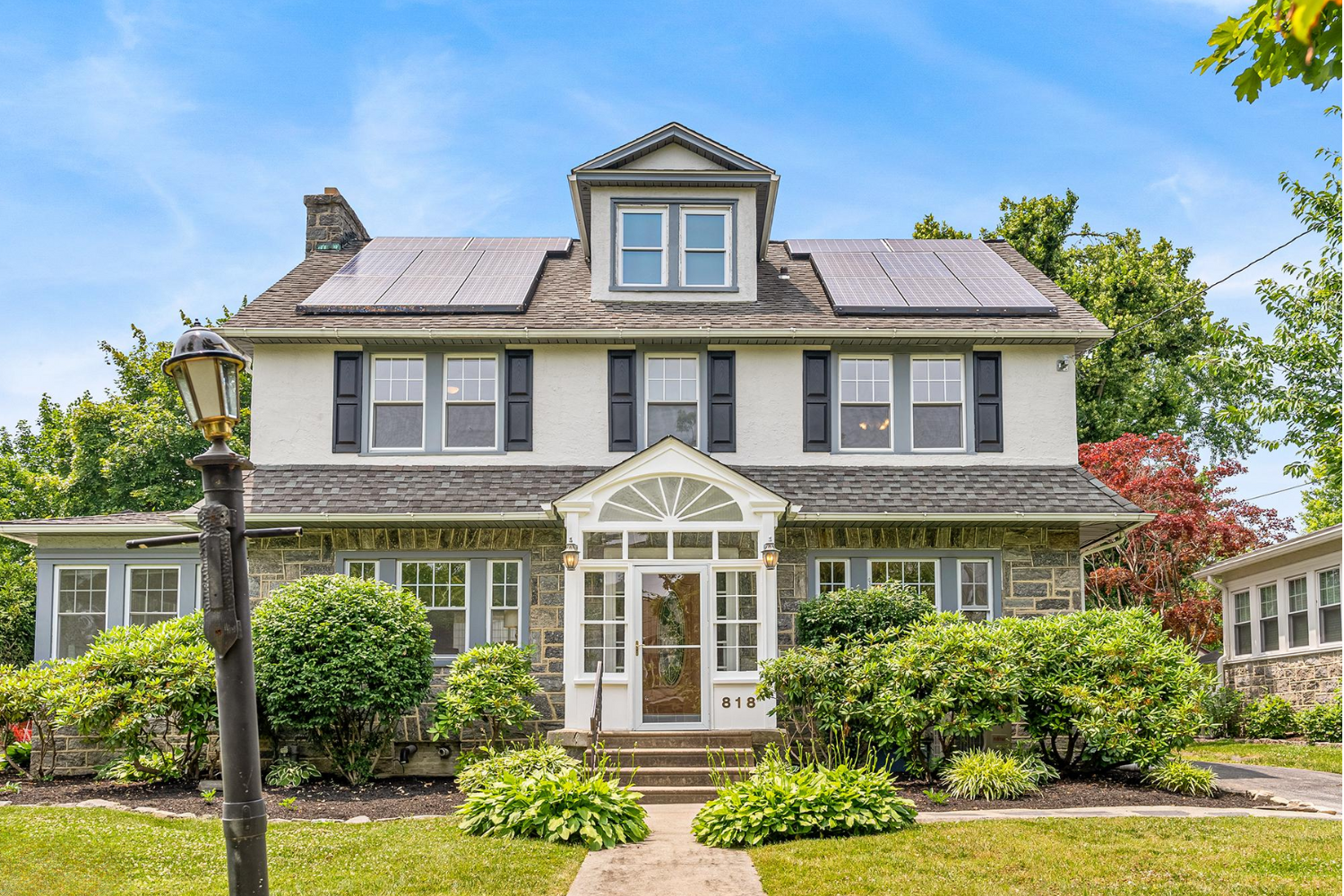Buying a home is one of the most significant financial decisions many people will make in their lifetime. Potential homebuyers must understand their financial situation and the costs associated with purchasing a property. This guide outlines the various financial aspects and provides a detailed answer to the question, "How much money do you need to buy a home?"
Down Payment
Standard Down Payments
The most substantial upfront cost when buying a home is the down payment. Traditionally, lenders require a down payment of 20% of the home's purchase price. For example, on a $300,000 home, a 20% down payment would be $60,000.
Low Down Payment Options
However, not all buyers need to put down 20%. There are various loan programs with lower down payment requirements:
- FHA Loans: As low as 3.5%.
- VA Loans: 0% for eligible veterans and active-duty service members.
- USDA Loans: 0% for properties in designated rural areas.
- Conventional Loans: As low as 3% with certain qualifications.
Closing Costs
Closing costs are fees associated with finalizing a mortgage, typically ranging from 3% to 7% of the loan amount based on the area you purchase. These include:
- Loan Origination Fees: Fees charged by the lender for processing the loan.
- Appraisal Fees:
The cost of having the home professionally appraised.
- Inspection Fees: Costs for home inspections to assess the property's condition.
- Title Insurance: Protects against disputes over property ownership.
- Attorney Fees: Legal fees for the transaction.
- Recording Fees: Charges for recording the deed with the county.
- Transfer Taxes: Charges from the County and State where you purchase a home.
- Prepaid Costs: Such as property taxes, homeowners insurance, and interest.
For a $300,000 home, closing costs might range from $6,000 to $21,000.
Prepaid Costs and Escrow Accounts
In addition to closing costs, buyers must often prepay certain expenses and set up escrow accounts for future payments. These can include:
- Homeowners Insurance: Typically paid upfront for the first year.
- Property Taxes: A portion may be prepaid at closing.
- Private Mortgage Insurance (PMI): Required if the down payment is less than 20% for conventional loans.
- Escrow Account Setup: Lenders may require setting up an escrow account to cover future property tax and insurance payments.
Total Estimated Costs
To provide a clearer picture, let's calculate the total estimated costs for a hypothetical $300,000 home:
Scenario 1: Conventional Loan for a first-time home buyer with 3% Down Payment
Down Payment (3%): $9,000
Closing Costs (4%): $12,000
Prepaid Costs: $4,000
Total Estimated Cost: $25,000
Scenario 2: FHA Loan with 3.5% Down Payment
Down Payment (3.5%): $10,500
Closing Costs (4%): $12,000
Prepaid Costs: $4,000
Total Estimated Cost: $26,500
Scenario 3: Conventional Loan with 20% Down Payment
Down Payment (20%): $60,000
Closing Costs (4%): $12,000
Prepaid Costs: $4,000
Total Estimated Cost: $76,000
Additional Considerations
Property Type and Location
The type and location of the property can significantly impact costs. For instance:
- Condominiums: Often have homeowners association (HOA) fees.
- New Construction: May have different appraisal and inspection costs.
- Geographic Location: Closing costs, property taxes, and insurance premiums vary by region.
Financial Health
A buyer’s credit score, debt-to-income ratio, and overall financial health influence loan terms, including interest rates and eligibility for different mortgage programs. Improving credit scores and reducing debt can result in better loan offers and lower costs.
Conclusion
Determining how much money is needed to buy a home depends on several factors, including the home's price, loan type, down payment amount, closing costs, prepaid expenses, moving costs, and reserve requirements. As a loan officer, it’s crucial to provide a detailed breakdown to potential homebuyers, ensuring they understand all the associated costs and are well-prepared for this significant financial commitment.
In summary, for a $300,000 home, the total costs can range widely. Each buyer's situation is unique, and a personalized assessment will provide the most accurate estimate. By carefully planning and understanding these costs, homebuyers can make informed decisions and move confidently towards owning their new home.

